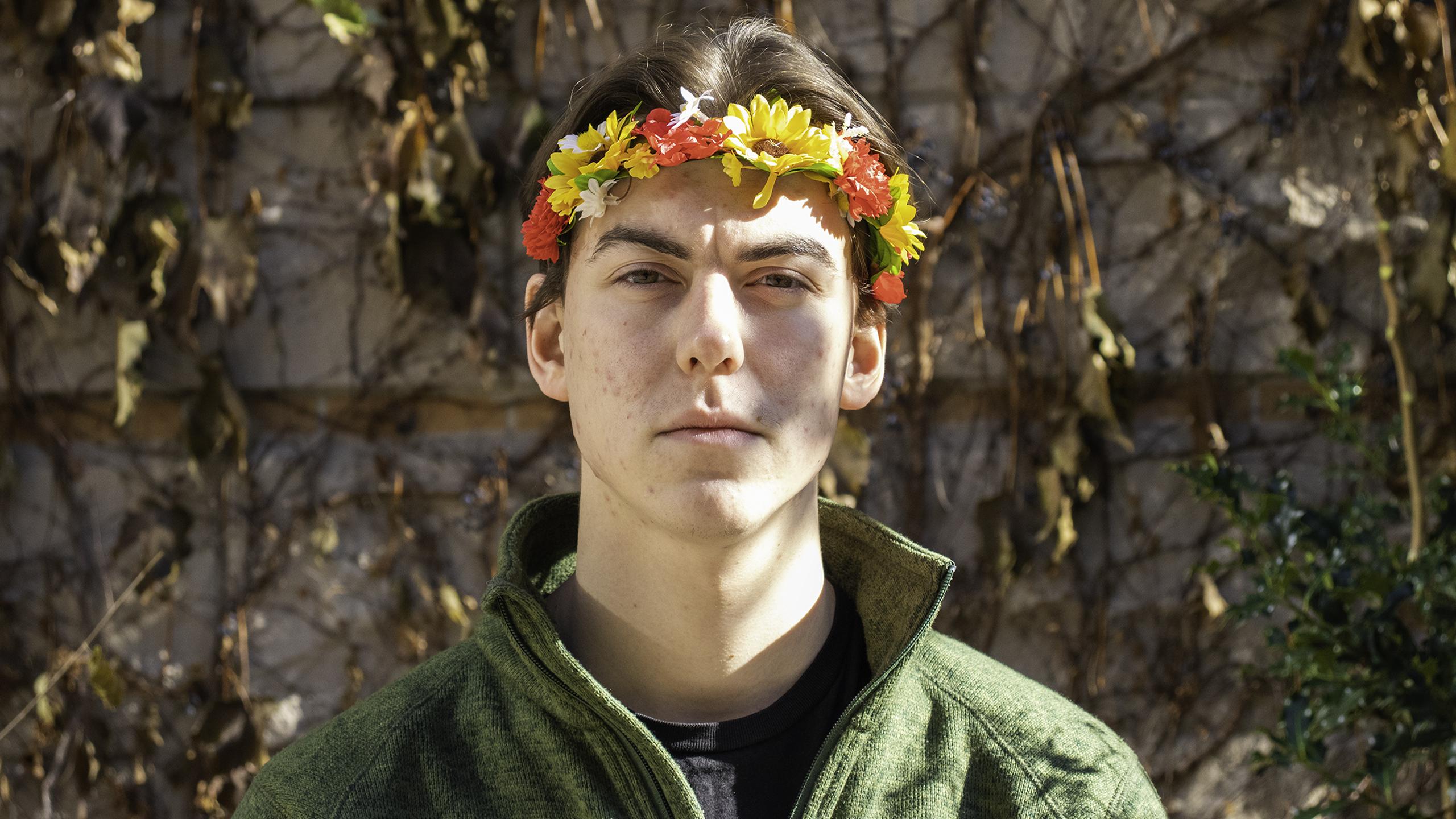By Nathaniel Crouch
Everyone has that little voice in their head. The voice that tells you to leave the party, procrastinate on that essay or take that risk.
For a lot of us though, the voice has started talking about the environment. It’s become eco-anxiety—the feeling of powerlessness people experience when they think about climate change. That voice is likely telling you, “You can’t do enough to save this planet.”
My little voice won’t stop telling me a plastic Sprite bottle made today won’t decompose for another 450 years. That bottle thrown in the recycling will live to see who becomes the 121st prime minister of Canada. That bottle will be a part of the approximate eight million pieces of plastic that find their way into our oceans every day. I think about these things way too much.
Frankly, I’m still surprised I hyper fixated on that one bit of information. There are so many terrifying facts I could be considering—like the fact that at least 10,000 species go extinct every year, or that children born after 2050 might only hear about Greenland in the past tense. Information about the detrimental state of our planet just keeps piling up.
Earlier this month a study by The Lancet, a peer-reviewed medical journal, released a massive study on how climate change will affect public health and food insecurity. The essence of the study came to the conclusion that the lives of children raised today will be defined by our actions on the climate crisis.
You’d think that anyone of these facts would be horrific enough to make us drop we are currently doing and make fighting this crisis our number one priority. Yet most of us simply ignore it and go on drinking from plastic bottles.
I know all of us have read, heard or said, “The Earth is on fire,” a million times. We’ve become desensitized to that photo of a polar bear struggling to stay on its melting iceberg and we joke about not having to try in school cause the Earth will be ending in a few years anyways.
I call bullshit. The Earth doesn’t just stop. We won’t all go out in a heatwave of glory and we aren’t facing an apocalypse that ends the world. We face global changes that will bring us less food, less clean water and devastating weather extremes throughout the year.
Someone my age quickly realizes if I’m lucky, I’ll get to live through 60 years of these apocalyptic scenarios.
Unless you own an oil company or are the sitting president of the United States, you have a reason to value the environment. Coming to terms with what we face isn’t easy—it’s anxiety-inducing.
I’m not going to get into blaming a previous generation. It’s a waste of energy at this point. If you’re in that above demographic, chances are you’ve got this far into reading this because you’ve got a Jane Fonda outlook on life.
I’m not hopeful for the future, frankly, I now have this morbid curiosity of, “What the fuck are we going to do?”
That curiosity also fuels The Crisis Issue. You won’t find a bunch of stories regarding how fucked we all are—okay, maybe you’ll find one or two—but it’s set up in a non-depressing way.
These are stories all about the hopeful people doing more than just march in the Global Strike for Climate Justice. Researchers helping remote communities, students pushing to be taught how to make their futures sustainable and reporters keeping the world’s attention. I hope these stories entice your little voice to say, “Oh shit, we can still save this planet.”












Leave a Reply